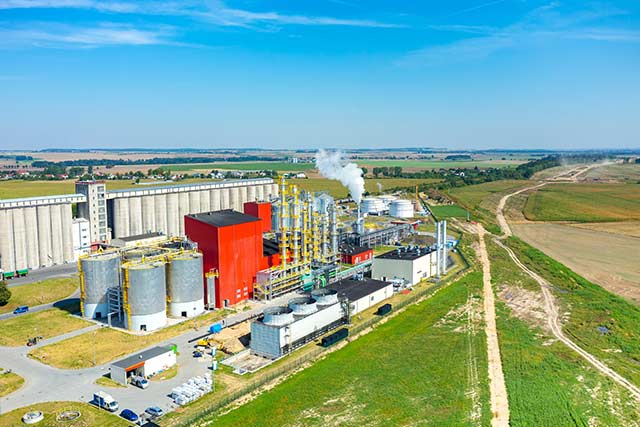
Product Description
CECA was isolated by Enology college of Northwest A&F University from Cabernet Sauvignon spontaneous fermentation in Ningxia province, China. With short lag phase, excellent fermentation kinetics and high alcohol tolerance, CECA is in favor of wine color and structure expression with high quality tannin and strong wine body. It can be very good to excavate and express "authentic" typical characteristics of grape varieties. Wine fermented by CECA presents fine tannins and complex aroma, such as dark berries, spice and coffee. CECA is an excellent choice for making aged red wines, especially for Cabernet Sauvignon, Cabernet Franc, Syrah, Merlot.
Fermentation Characteristics
- Fermentation temperature range: 10-35°C
- Alcohol tolerance: up to 16%vol
- Nitrogen requirement: low - moderate
- Fermentation spped: moderate
- Production of volatile acidity: low
- Production of H₂S: low
- Production of foam: low
- Competitive factor: negative
- Tolerance and flocculation: good
- Production of glycerol: moderate - high
Protocol for Use
1. Rehydration Without Yeast Nutrition
Dosage: 20 to 40 g/hL
Rehydrate the yeast using water at 10 times its weight, with a temperature range of 35 °C to 40 °C.
Resuspend the yeast by gently stirring, and wait for 20 minutes.
Blend the rehydrated yeast with a bit of juice/must, gradually acclimating the yeast suspension temperature to within 5-10 °C of the juice/must temperature.
Inoculate into the juice/must.
2. Rehydration with Nutri-Rehyd
In the situations of tough fermentation conditions (high potential alcohol, over clarified must, low temperature), rehydrating yeast with Nutri-Rehyd is recommended. Carry out the rehydration procedure according to the selected Nutri-Rehyd product's instructions.
Storage and Shelf Life
Store in original sealed packages, in a cool and dry environment. Shelf life at the recommended conditions is 42 months. After opening the yeast must be used as soon as possible. Avoiding long-term storage at temperature above 30 °C.
Tips
The difference between the yeast and must temperatures should not exceed 10 °C during inoculation.
Fermentations using active dry yeast can reduce the risk of contamination by wild yeast and harmful microorganisms.
The rehydration process must not exceed 30 minutes.







